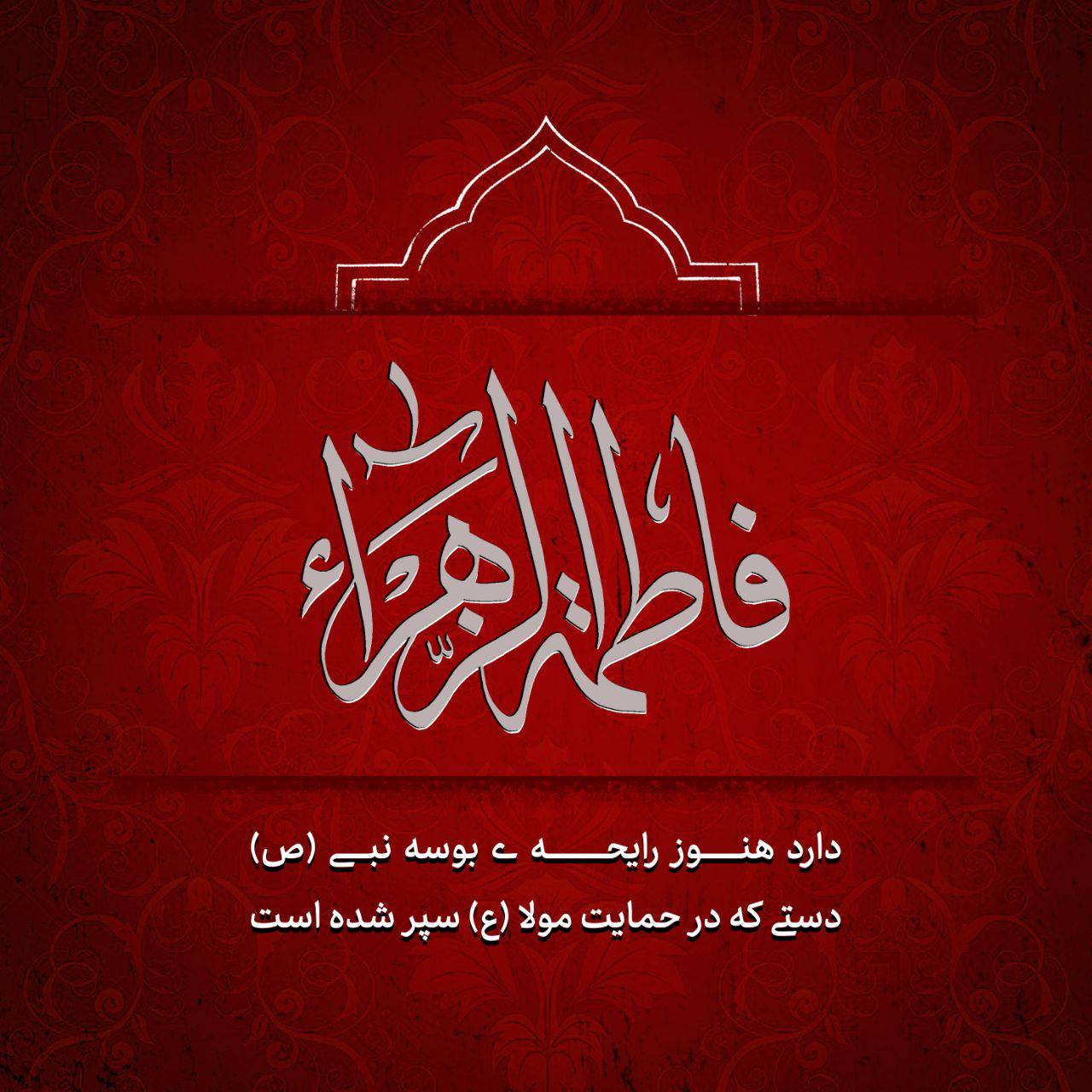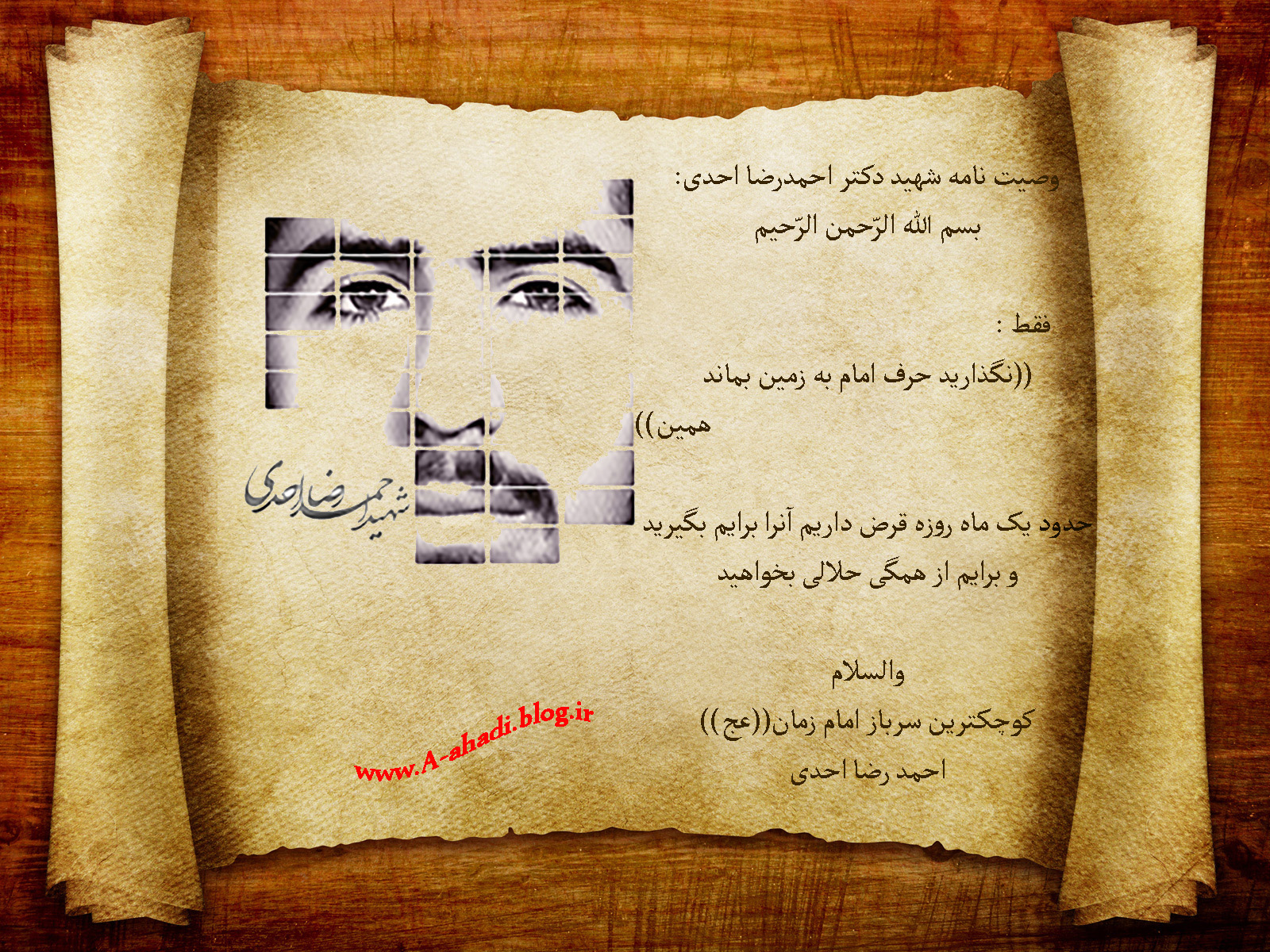Prophet of Islam in the word of the wise
————————————————————————————————————–
1
The most influential figure in history
Michael Hart, born in April 28, 1932, is a physicist, a mathematician
at Cornell University, holds a doctorate in astrophysics from the
University of Pearson, juris consult, an expert in computer science and a
faithful American.
He published a book by the title of “100” in 1978. This book ranks 100 people who were the most influential persons in history.
More than 500,000 copies of this book have been sold all over the world since then and it has been translated into 15 languages.
The first rank belongs to prophet “Muhammad” (PBUH) in this book.
He has written a detailed explanation about the reason why he has
dedicated the first rank to “Muhammad” in the second print of his book
that an abstract of it can be read below.
He says:
“This choice may surprise some people but he was the only man in
history who was supremely successful on both the religious and secular
levels. Today, thirteen centuries after his death, his influence is
still powerful and pervasive.
Since there are roughly twice [the latest estimate is that there are
more than one thousand million Muslims in the world] as many Christians
as Muslims in the world, but “St. Paul” was the main developer of
Christian theology and its principal proselytizer. “Muhammad”, however,
was responsible for both the theology of Islam and its main ethical and
moral principles. It is probable that the relative influence of
“Muhammad” on Islam has been larger than the combined influence of
“Jesus Christ” and “St. Paul” on Christianity. He may well rank as the
most influential political leader of all time.”
From the 100, a Ranking of the Most Influential Persons in History
————————————————————————————————————–
2
Goethe, the famous German poet has composed a poem by the title of
“the song of Muhammad” after knowing Islam and its messenger. This poem
is composed from the perspective of the prophet’s closest relatives;
Imam Ali (PBUH) (his cousin, son-in-low and successor) and Lady Fatima
(PBUH) (his daughter and his only offspring). Goethe has described all
steps of Prophet Muhammad’s (PBUH) call and guidance among the people
using metaphors and symbols in his poem.
Johann Wolfang von Goethe: Mahomets-Gesang
Ein “Mevlid” von Goethe, aus west östlicher divan
————————————————————————————————————–
3
The famous Irish writer, George Bernard Shaw, says about Prophet Muhammad (PBUH):
“He must be called the savior of humanity. I believe that if a man
like him were to assume the dictatorship of the modern world, he would
succeed in solving the problems in a way that would bring the much
needed peace and happiness. He was by far the most remarkable man that
ever set foot on this earth. He preached a religion, founded a state,
built a nation, laid down a moral code, initiated numerous social and
political reforms, established a powerful and dynamic society to
practice and represent his teachings and completely revolutionized the
worlds of human thought and behavior for all times to come. HIS NAME IS
“MUHAMMAD”. He was born in Arabia in the year 570 CE, Muhammad started
his mission of preaching Islam, the religion of truth and the submission
of man to One God, at the age of forty and died at the age of
sixty-three. During this short period of 23 years of his prophethood, he
changed the complete Arabian Peninsula from paganism and idolatry to
worship of one God, from tribal quarrels and wars to national Solidarity
and cohesion, from drunkenness and debauchery to sobriety and piety,
from lawlessness and anarchy to disciplined living, from utter
bankruptcy to the highest standards of moral excellence. Human history
has never known such a complete transformation of a people or a place
before or since. And imagine all these unbelievable wonders in just over
two decades.”
The Genuine Islam’ Vol. 1, No. 8
————————————————————————————————————–
4
Leo Tolstoy:
“There is no doubt that Prophet Muhammad is one of the greatest reformers who served the social framework profoundly.”
The Rule of Prophet Muhammad
————————————————————————————————————–
5
Jean-Jacques Rousseau:
“Muhammad, had very sound views; he thoroughly unified his political system.”
The Social Contract (1762), p. 131




